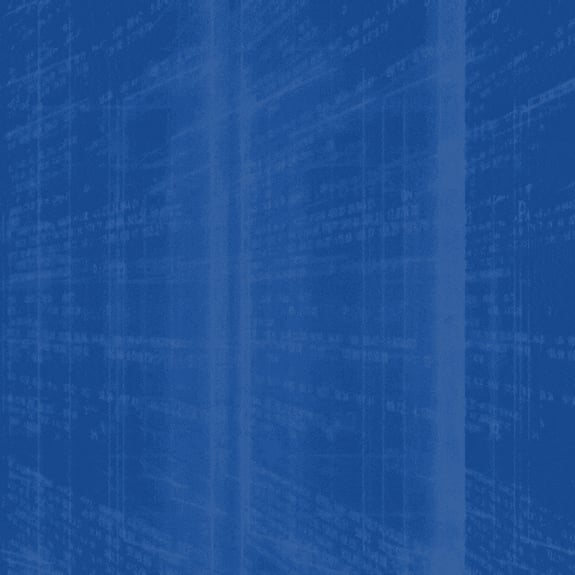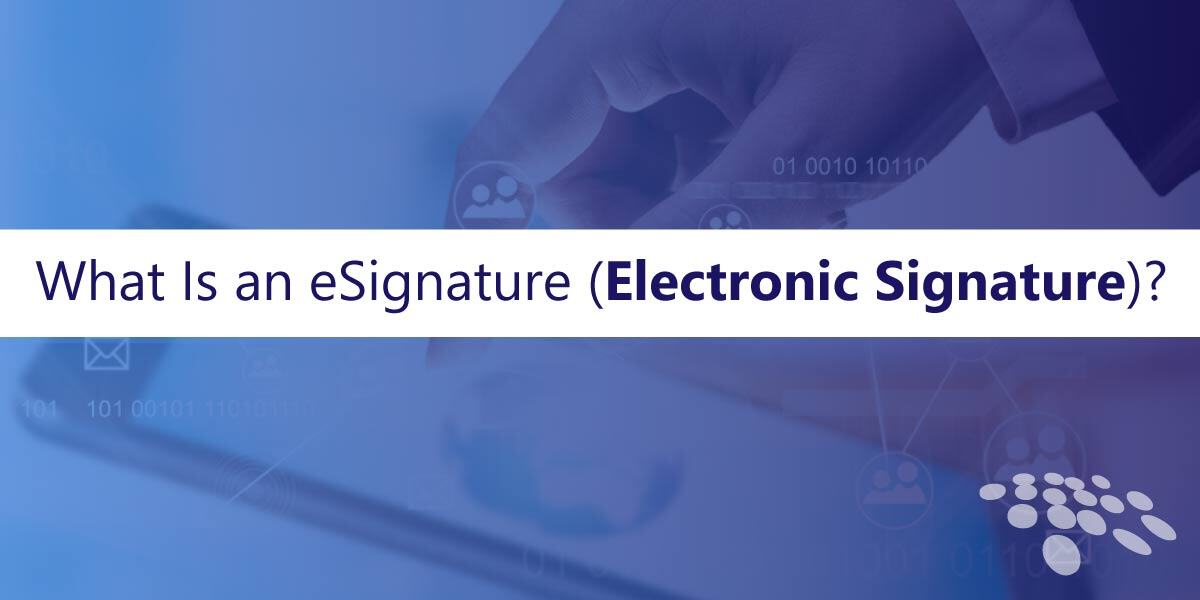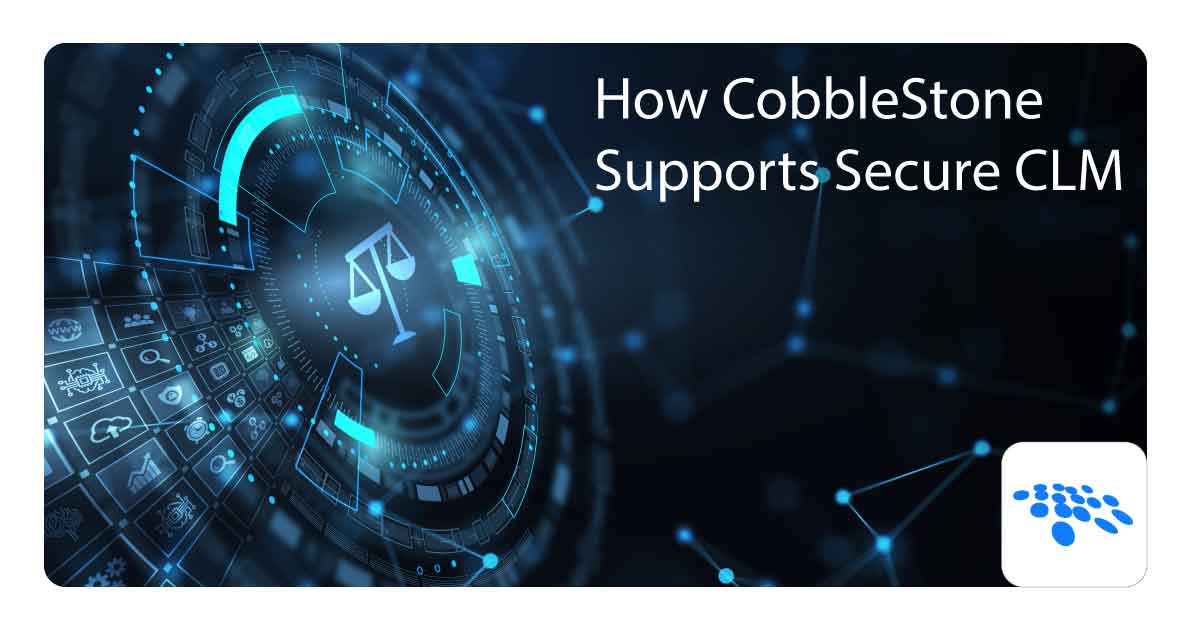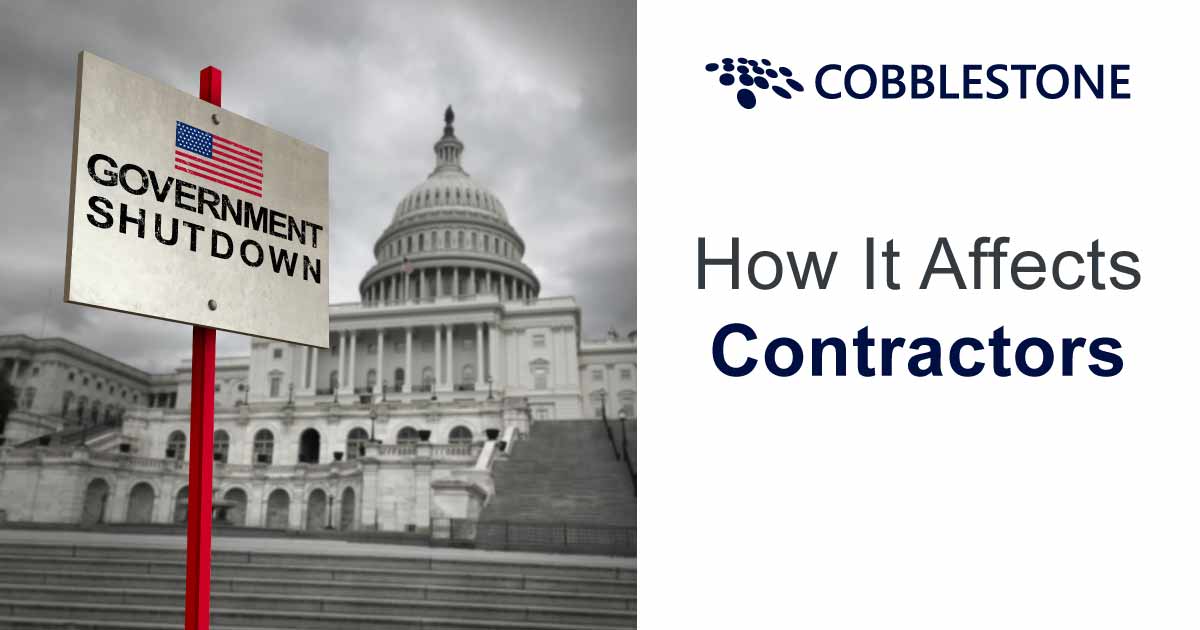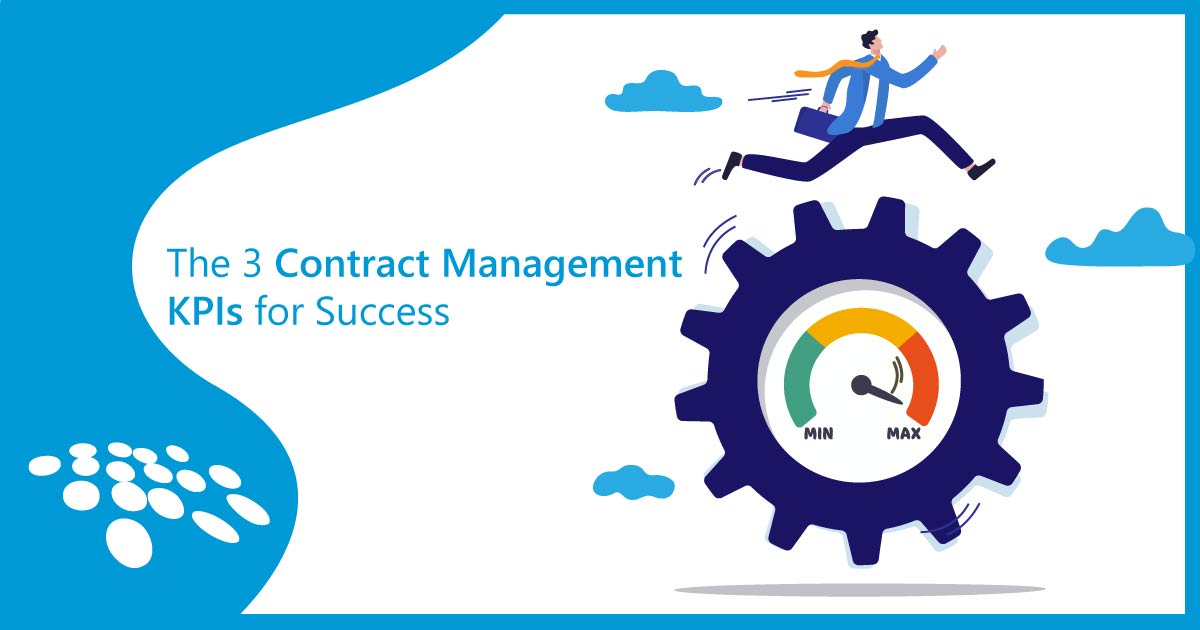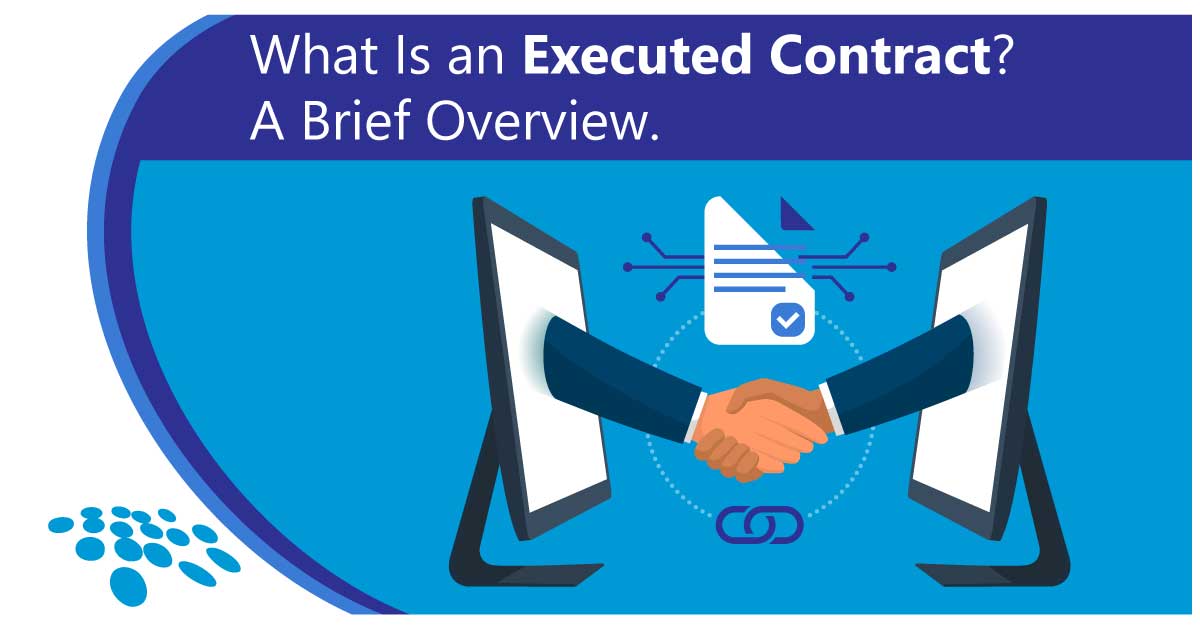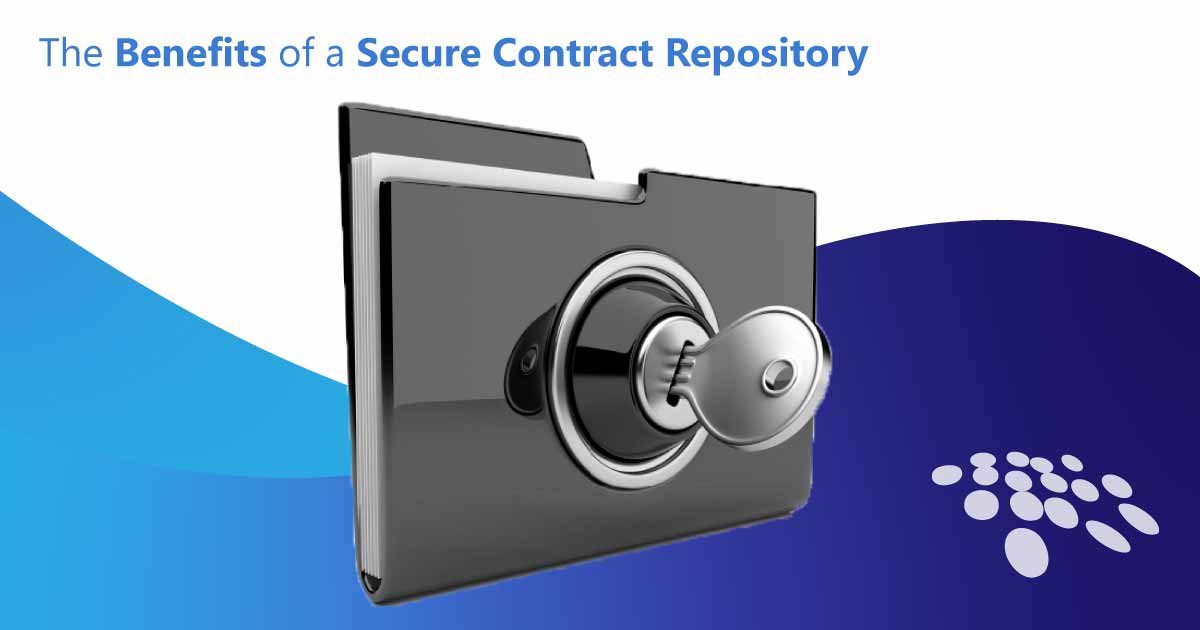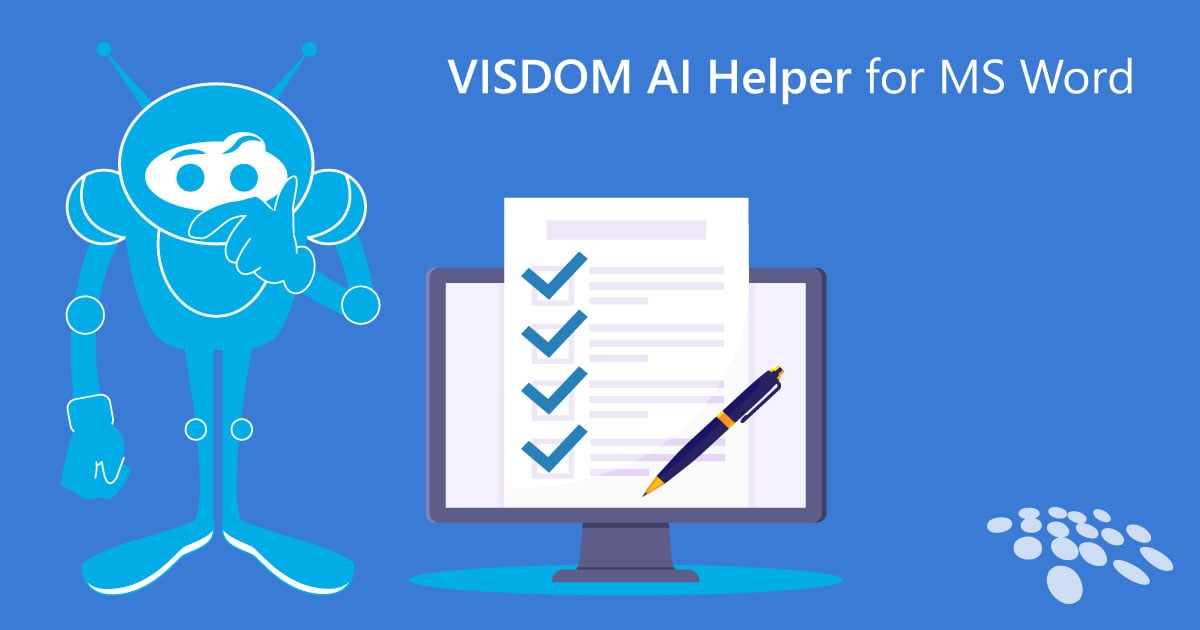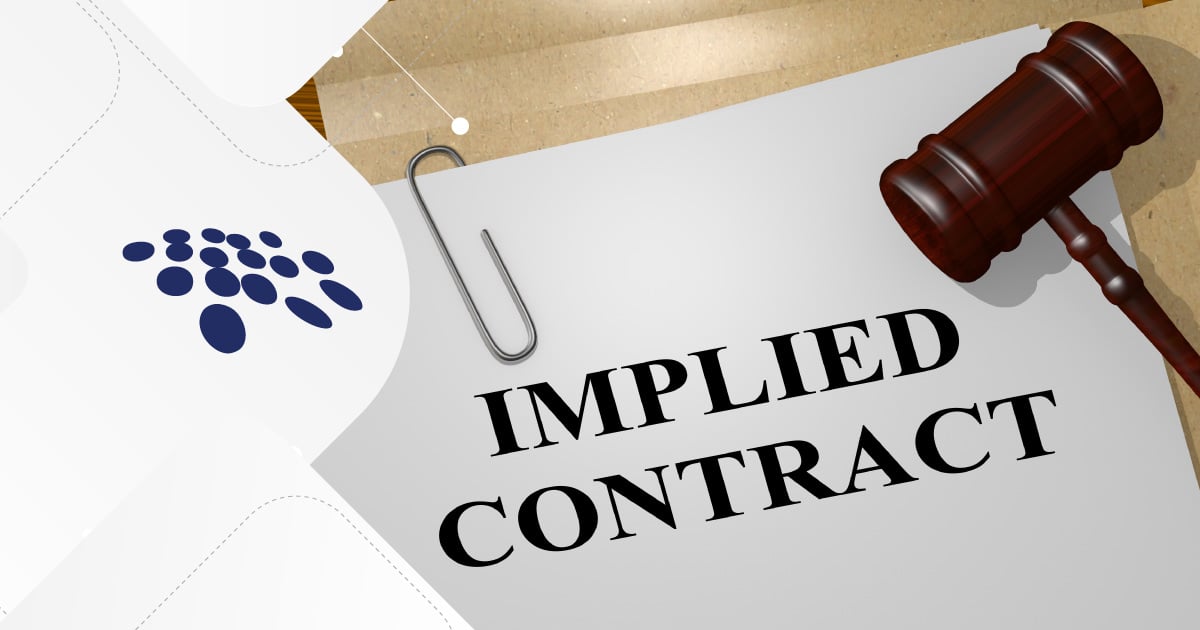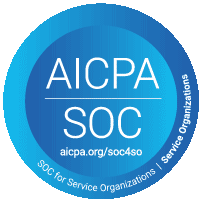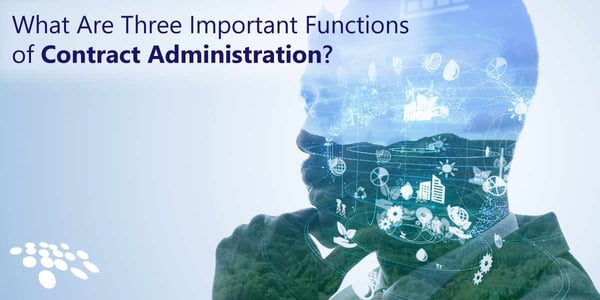
Contract administration is crucial for a successful contract lifecycle. Efficient and effective contract drafting, managing the contract repository, and monitoring compliance help ensure that all parties properly understand and execute the terms and conditions of a contract. To foster a deeper understanding of the importance of contract administration, here are three of the most critical functions of contract administration.
What Are Three Important Functions of Contract Administration?
The three most important parts of contract administration include:
- Contract Drafting and Negotiation.
- Managing the Contract Repository.
- Monitoring Compliance.
These three functions of contract administration are vital aspects of pre- and post-execution contract management - setting the tone for healthy collaboration and assurance of performance.
Function 1: Contract Drafting & Negotiations
Contract drafting and negotiation are an important joint function of contract administration because they establish clear and mutually beneficial terms and conditions for both parties. If performed properly, drafting and negotiation minimize the risk of ambiguities and legal disputes by defining expectations, responsibilities, and consequences related to a contract's performance. Ultimately, contract drafting and negotiation protect the interests of involved contract parties to ensure a smooth contract lifecycle.
When drafting a contract, contract administrators should include key data related to all parties involved. The purpose of the contract and clauses should be written in plain language. Responsibilities and deadlines should be included very specifically. Finally, contract administrators should consider seeking outside counsel to ensure the contract protects the organization's interests, if necessary.
Contract administrators should thoroughly prepare and define their goals for contract negotiation. They should listen to the opposing party's needs and consider whether and when to be flexible and compromising. Again, legal advice should be sought if necessary. All changes made to a contract should be thoroughly accounted for.
Function 2: Managing the Contract Repository
Managing the contract repository is an important function of contract administration because this repository acts as a single source of truth for all agreements, related documents, and related metadata. Proper contract repository management enables efficient access to critical contract details and prevents data siloes. Uninterrupted access to contractual obligations, key dates, and language across the organization optimizes the overall contract lifecycle strategy.
Contract administrators should store all contracts and their associated documents and data on a single, accessible online platform to avoid losing track of contracts and ensure easy retrieval when needed; this repository should be easily searchable and user-friendly. A dedicated individual or team should be assigned to manage each contract, and they should be held accountable for performance and compliance. Existing contracts should be periodically reviewed for optimization, so generating reports and leveraging data analytics for single contracts and the repository as a whole is recommended.
Function 3: Monitoring Compliance
Monitoring compliance is an important function of contract administration because it helps ensure that all contract parties are adhering to the terms and conditions of a contract, regulations, and applicable laws. Proper compliance management prevents legal issues, financial losses, and damaged reputations by pinpointing non-compliance early on - safeguarding the interests of organizations and their stakeholders.
Contract administrators should conduct regular reviews of contract data to effectively monitor compliance during contract administration. Furthermore, they should set alerts and reminders for key dates to avoid violations of contract terms. Periodic and detailed compliance audits should be conducted, both for individual contracts and the whole of the contract repository. Dedicated resources should be assigned to compliance monitoring responsibilities and tasks, and these resources should be properly trained on how to identify potential issues and proactively address compliance concerns.
Can Contract Management Software Aid the Contract Administration Process?
Contract lifecycle management software can indeed significantly help with the contract administration process. By automating tasks involved in drafting, negotiation, contract repository management, and compliance, CLM software allows for better oversight, cost-effectiveness, and more efficient planning and execution.
CLM Software for Drafting & Negotiation
For drafting and negotiation, CLM software provides a central resource for creating standardized contract templates and clauses, along with auto-redlining newly introduced contract documents. Additionally, generative AI allows contract administrators to analyze contract and clause sentiment and quickly generate contract clauses ideal for certain contracts.
Tracked changes, numbered versions, and full audit trails increase contract visibility and account for any changes made during negotiation. Simplified collaboration between stakeholders fosters healthy conversations and prevents contract execution delays.
CLM Software for Contract Repository Management
Contract management software aids in managing a contract repository by providing a centralized location to store all contracts. Contract administrators can easily and efficiently search and retrieve contracts, associated files, and metadata with saved searches, search history, and "Did you mean...?" functionality. Additionally, ad-hoc reports and dashboards, such as those for "Active Contracts Expiring in the Next 90 Days" or "Average Contract Amount," can increase organization-wide insight and visibility. Alerts for upcoming deadlines can keep the contract process running smoothly and decrease bottlenecks.
CLM Software for Monitoring Compliance
Contract management software helps with monitoring compliance by providing a centralized platform to track and search for key contract terms (including those related to applicable regulations and laws that need to be observed). Additionally, contract management software supports automated alerts for approaching deadlines. Many systems allow users to configure specific compliance rules based on their industry and legal requirements, triggering alerts when these rules are not met. Furthermore, a risk assessment matrix helps visualize contract risk, including those risks associated with non-compliance.
Key Takeaways
Here are some key takeaways from this blog post - a TL;DR (too long; didn't read) of sorts.
- Drafting and negotiation, managing a contract repository, and monitoring compliance are the three important functions of contract administration.
- Collectively, these three functions of contract administration, if done properly, can result in clear contract terms and conditions, simplify access, and help avoid legal issues and non-performance.
- Contract management software tools can automate and simplify these three functions of contract administration by providing a single source of truth and other advanced tools for contract administration automation.
If you want to learn more about how contract management software can help with contract administration, book a free demo of CobbleStone Software's award-winning and widely acclaimed contract management software solution today! It's free and risk-free, so what are you waiting for?
*Legal Disclaimer: This article is not legal advice. The content of this article is for general informational and educational purposes only. The information on this website may not present the most up-to-date legal information. Readers should contact their attorney for legal advice regarding any particular legal matter.


